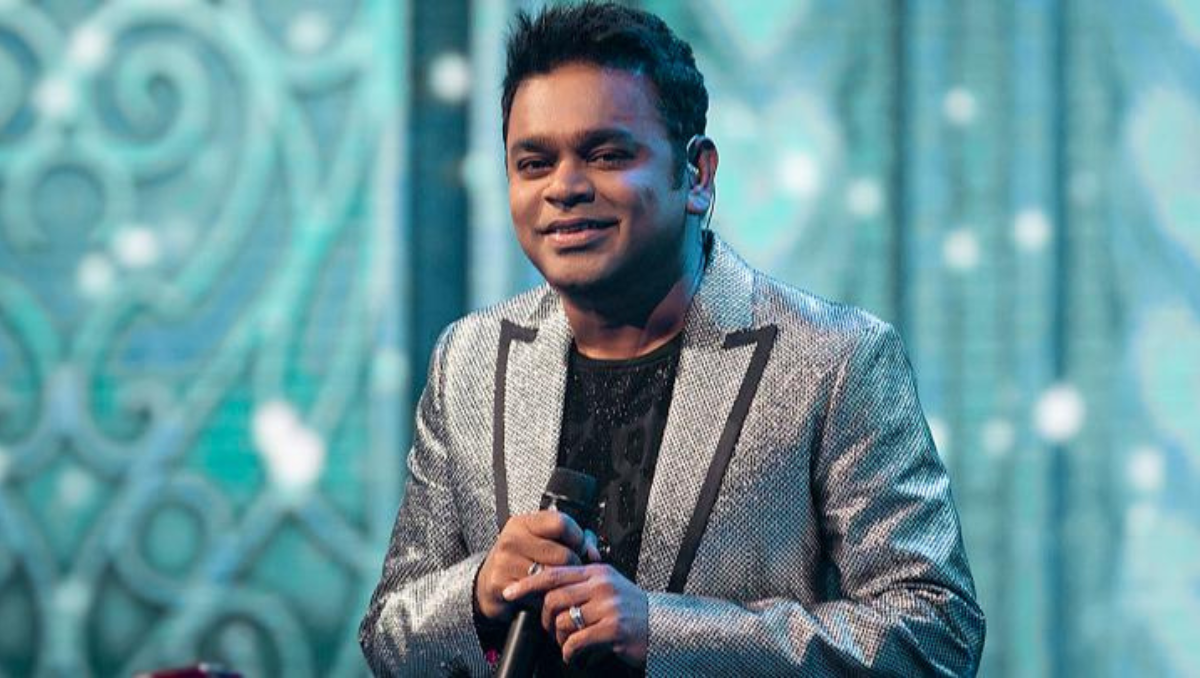A.R. Rahman, born on January 6, 1967, is indeed an iconic figure in the realm of music, not only in India but globally. His contributions as a singer, music composer, and songwriter have left an indelible mark on the landscape of Indian cinema and beyond. From “Roja” to “Dil Se” in Hindi cinema and from “Bombay” to “Endhiran” in Tamil cinema, Rahman’s musical journey has been awe-inspiring.
He has won several National Film Awards, Film-fare Awards, and Tamil Nadu State Film Awards, among others. Internationally, he has been honored with prestigious awards such as the Academy Award (Oscar), Grammy Awards and many more making him one of the most decorated music composers in the world. He even was conferred with the Padma Bhushan, India’s third-highest civilian award
Table of Contents
Lal Salaam
The maestro has recently composed music for Aishwarya Rajnikanth’s upcoming Tamil movie, Lal Salaam. The movie has been produced by Subaskaran Allirajah and is all set to release on 9 February 2024 under Lyca Productions.
Its cast includes Thangadurai, Ananthika Sanilkumar, Vivek Prasanna, Jeevitha, Senthil, Vikranth, and Vishnu Vishal.
Lal Salaam contains five songs, one of which is “Thimiri Yezhuda”. For this song, A.R. Rahman utilized artificial intelligence (AI) to replicate the voices of two deceased vocalists, Bamba Bakya and Shahul Hameed.

Bamba Bakya and Shahul Hameed: who were they?
Bhakkiyaraj was an Indian Tamil playback singer and musician. He mostly collaborated on multiple film projects with soundtrack composer A. R. Rahman.After A. R. Rahman requested that he perform songs for him in the style of well-known South African musician Bamba;he was given the stage name Bamba Bakya.
Indian playback vocalist Shahul Hameed primarily sang in Tamil films, with music composed by Academy Award winner A. R. Rahman. Many people remember him from the song “Urvasi Urvasi”. He was killed in a vehicle accident in 1997.
AR Rahman’s post on X
Sony South Music posted on X about the captivating voices created by the AI voice models of timelessvoicesx. This generated some backlash. Then, the composer himself reposted it by saying, “We took permission from their families and sent deserving remuneration for using their voice algorithms ..technology is not a threat and a nuisance if we use it right…” and used hashtags such as respect and nostalgia. In an explanation of the situation, Rahman stated that consent was obtained from the families of the late vocalists and appropriate reimbursement was made.

Public Reaction
It seems like the post has sparked quite the range of reactions! Let’s break down these differing perspectives:
- Positive Reaction: One said, “You are a gem Thalaivaaa. None can ever imagine or do something like this unless it’s you.” The commenter seems to hold the creator of the post in high esteem, appreciating their creativity and possibly their contribution to a particular field or community.
- Negative Reaction: Another said, “This sets a dangerous precedent, especially coming from someone like you. And what’s with the ‘nostalgia’ hashtag. If we want nostalgia we would go and listen to their existing songs, not make some AI assisted stuff.” This response expresses concern about the implications of the post, suggesting that it might establish a problematic standard or trend. The speaker seems skeptical about the use of AI in creating content that evokes nostalgia, implying a preference for experiencing nostalgia through traditional means like listening to original songs rather than through AI-generated content.



